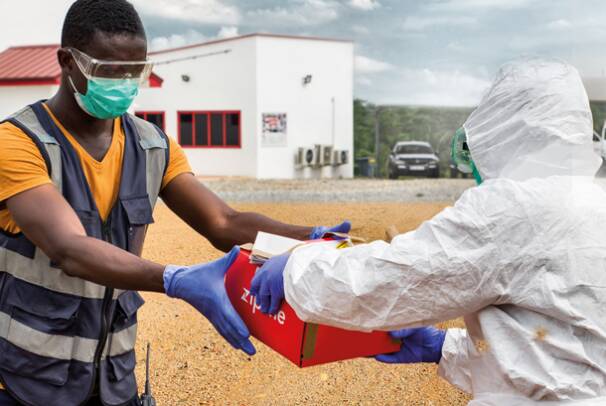UNESCO Science Report Series
About the Report
The UNESCO Science Report was launched in 1993 under the name of World Science Report. Since then, UNESCO has published seven reports in the series.
The series monitors the evolution of the support system for science, technology and innovation worldwide over time. Key emerging trends are identified and placed within their socio-economic and political context. Each report begins with an overview of global trends.
The UNESCO Science Report comprises the contributions of an independent team of experts, each writing about the country or region from which they hail. Authors endeavour to make use of the most recent data available – many of which are provided by the UNESCO Institute for Statistics.
2021 Report: The race against time for smarter development
Published in June 2021, the seventh report in the series arrives at a crucial juncture, as countries are now one-third of the way to the 2030 deadline for achieving their Sustainable Development Goals (SDGs). It reveals that countries of all income levels share a common agenda for transitioning to digital and ‘green’ economies.

Previous Reports
The UNESCO Science Report series was interrupted in 2000 by the decision of UNESCO’s Executive Board to re-examine UNESCO’s policy governing world reports. The Board subsequently decided to launch a series of world reports on cross-cutting themes related to UNESCO’s work. This gave rise to two reports, the UNESCO World Report: Towards Knowledge Societies and the UNESCO World Report on Cultural Diversity and Intercultural Dialogue.
In order to avoid a gap in the data series, the editor of the World Science Report invited the UNESCO Institute for Statistics and consultant Peter Tindemans to prepare a statistical report in 2003, entitled Global Investment in R&D Today.
The World Science Report series was revived in 2004. In order to avoid confusion with UNESCO's new series of thematic world reports, the monitoring report was renamed the UNESCO Science Report.
All the reports in the series can be found on the UNESCO website - .



